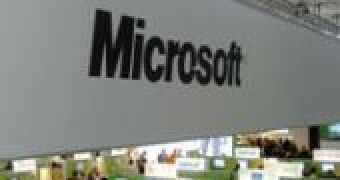With Novell managing to shell itself to Attachmate for $2.2 billion, or $6.10 per share in a cash transaction, the Linux vendor also penned a deal with CPTN Holdings LLC, a consortium that has Microsoft behind it, for a chunk of its intellectual property. There are a lot of questions related to the patent deal between CPTN Holdings and Novell, most of which have gone unanswered so far, and are bound to remain this way at least for a while.
Some details of the agreement were however made public, such as the price. CPTN Holdings agreed to pay Novell almost half a billion dollars for a collection of patents.
Specifically, some 882 patents made Novell no less than $450 million. However, there is no actual information on what the intellectual property is related too.
Novell did not detail the matter, and Microsoft certainly did not comment on the agreement. Still, an additional piece of information has emerged since the deal was inked.
It appears that the Redmond company did not get any IP related to UNIX from Novell.
This confirmation comes from John Dragoon, Novell Chief Marketing Officer, in an important message he posted to clarify the issue with UNIX copyrights in the context of the 882 patents sold to the consortium organized by Microsoft.
“On November 22, 2010, Novell issued a press release announcing a definitive merger agreement under which Attachmate Corporation (“Attachmate”) would acquire Novell for $6.10 per share in cash (“Merger Agreement”).
“Novell will continue to own Novell’s UNIX copyrights following completion of the merger as a subsidiary of Attachmate. Novell filed a Form 8-K/A with the SEC on November 22, 2010, with respect to the Merger Agreement,” Dragoon stated. (emphasis added)
Microsoft has claimed in the past that Linux and additional open source solutions are infringing on a range of its patents, and those in the open source community are undoubtedly very keen in seeing just what new IP the software giant acquired from Novell.
To this day the Redmond company has not detailed the specific intellectual property assets which open source solutions might be violating.

 14 DAY TRIAL //
14 DAY TRIAL //